Introduction

Wondering, "Are ZZ plants toxic to cats?" As a cat owner, it’s critical to know which houseplants pose a risk to your furry companions. ZZ plants have become a trendy choice for indoor decor, but their safety around cats is a common concern. In this guide, we’ll answer that question, explore the risks, and share cat-friendly plant alternatives to keep your home safe and stylish.
What Are ZZ Plants?

ZZ plants (Zamioculcas zamiifolia), also called Zanzibar Gems or Emerald Palms, are tropical perennials native to Eastern Africa. With glossy green leaves and a knack for thriving in low light, they’re a favorite for indoor spaces. But are ZZ plants toxic to cats? Let’s dive into the details.
Are ZZ Plants Toxic to Cats?

Yes, ZZ plants are toxic to cats. They contain calcium oxalate crystals, a compound that can irritate your cat’s mouth, skin, or digestive system if chewed or ingested. This makes ZZ plants a potential hazard for curious felines, leading to discomfort or worse if not addressed. Pet owners searching "Are ZZ plants toxic to cats" need to know these risks to protect their pets.
Symptoms of ZZ Plant Toxicity in Cats
If your cat interacts with a ZZ plant, watch for these signs of toxicity: excessive drooling, vomiting, diarrhea, difficulty swallowing, or pawing at the mouth. Skin contact might cause redness or itching. Symptoms vary based on how much was consumed and your cat’s sensitivity, but even mild reactions signal that ZZ plants are toxic to cats and require attention.
What to Do if Your Cat Eats a ZZ Plant

Suspect your cat ate a ZZ plant? Act fast. Call your veterinarian for expert advice tailored to your pet. Avoid inducing vomiting unless instructed by a professional, as it could worsen the situation. Quick action is key since ZZ plants are toxic to cats and can cause serious discomfort.
Prevention and Cat-Safe Plant Alternatives
To keep your cat safe from ZZ plant toxicity, place them on high shelves or in rooms your cat can’t access. Better yet, swap them out for non-toxic alternatives. Here are some cat-friendly plants to consider:
- Spider Plant (Chlorophytum comosum): Easy to grow, with long, arching leaves cats love to bat at—totally safe!
- Boston Fern (Nephrolepis exaltata): Lush and green, perfect for low-light spaces, and non-toxic to cats.
- Areca Palm (Dypsis lutescens): A tropical vibe with feathery fronds, safe for feline friends.
- Calathea (Calathea spp.): Stunning patterned leaves, thrives indoors, and cat-approved.
Researching plant safety before buying is a smart move. Toys or cat grass can also distract your kitty from chewing on greenery.
Conclusion
So, are ZZ plants toxic to cats? Yes, their calcium oxalate crystals make them a risk for cats, causing irritation and potential health issues. Spotting symptoms early and acting quickly can protect your pet. Opt for cat-safe plants like spider plants or Boston ferns to enjoy greenery without worry. With a little care, you can keep your home beautiful and your cat happy and healthy!

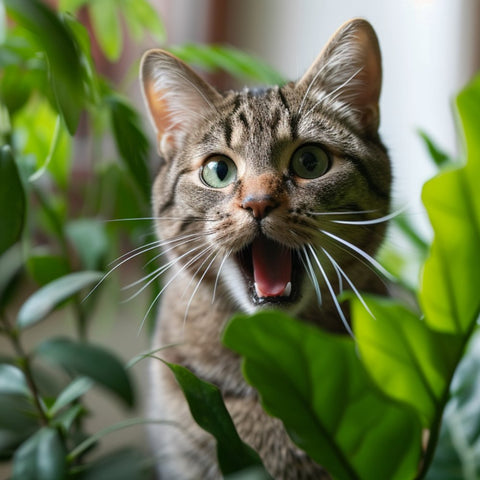

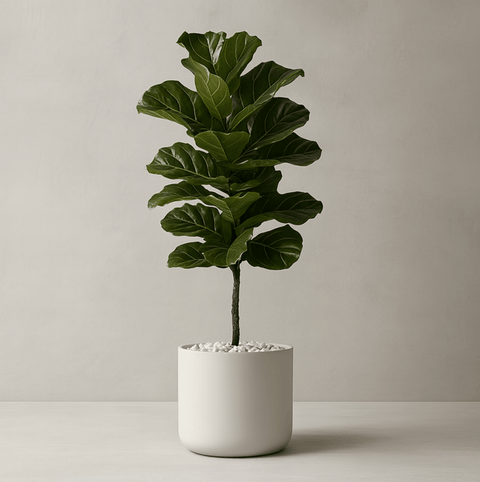

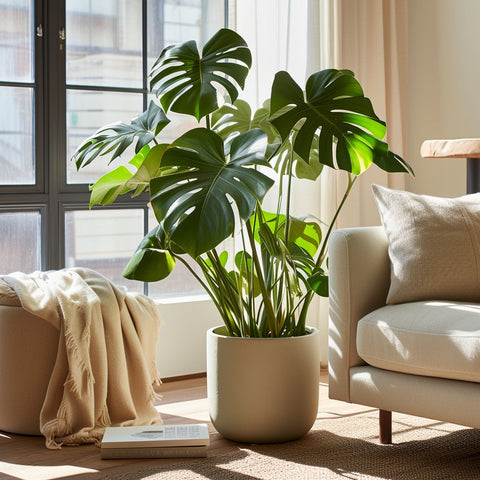
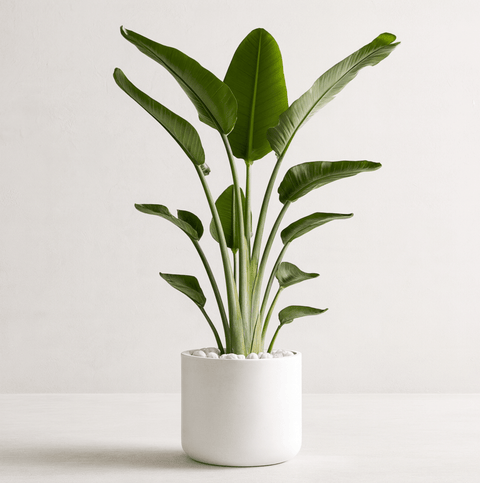

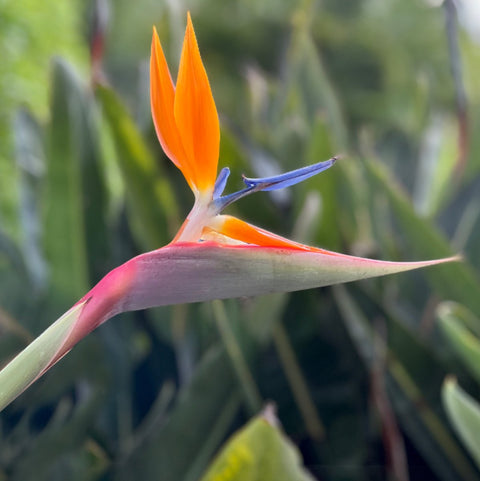








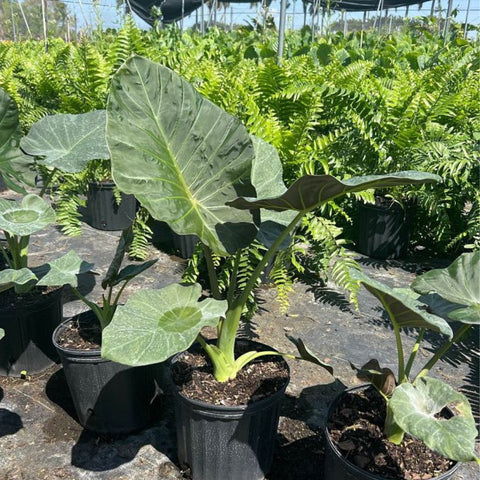
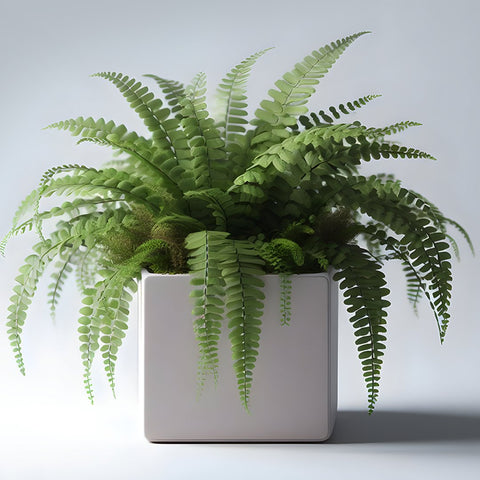
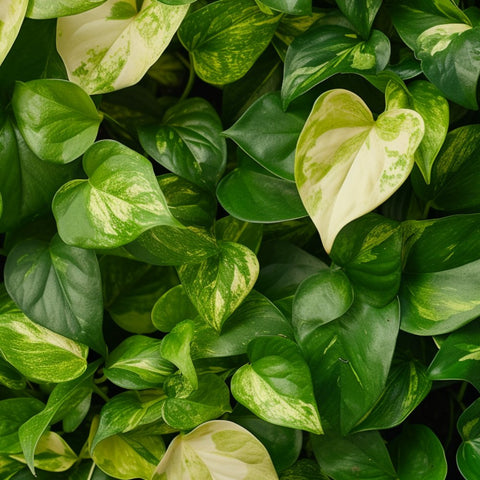
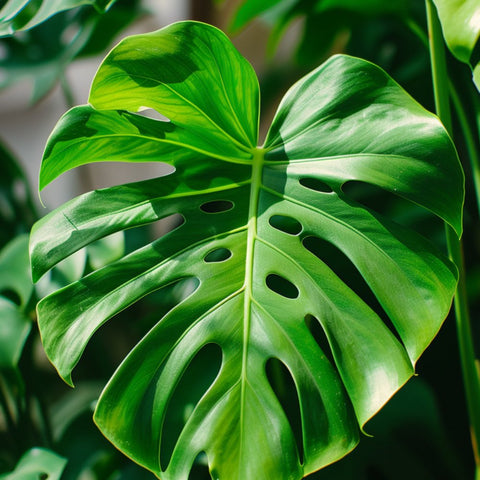

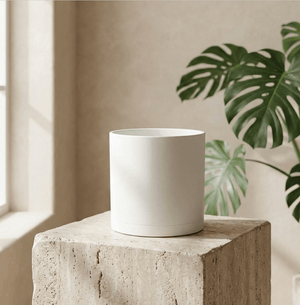
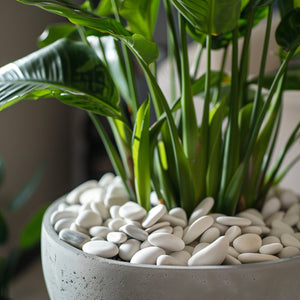
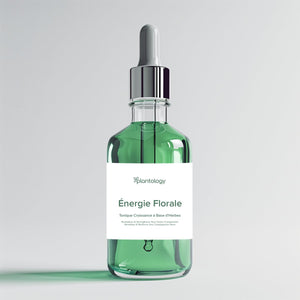
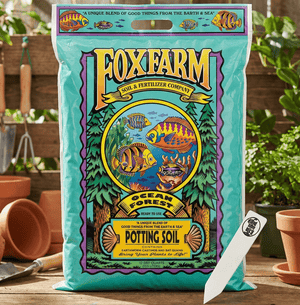




Comments (0)
There are no comments for this article. Be the first one to leave a message!